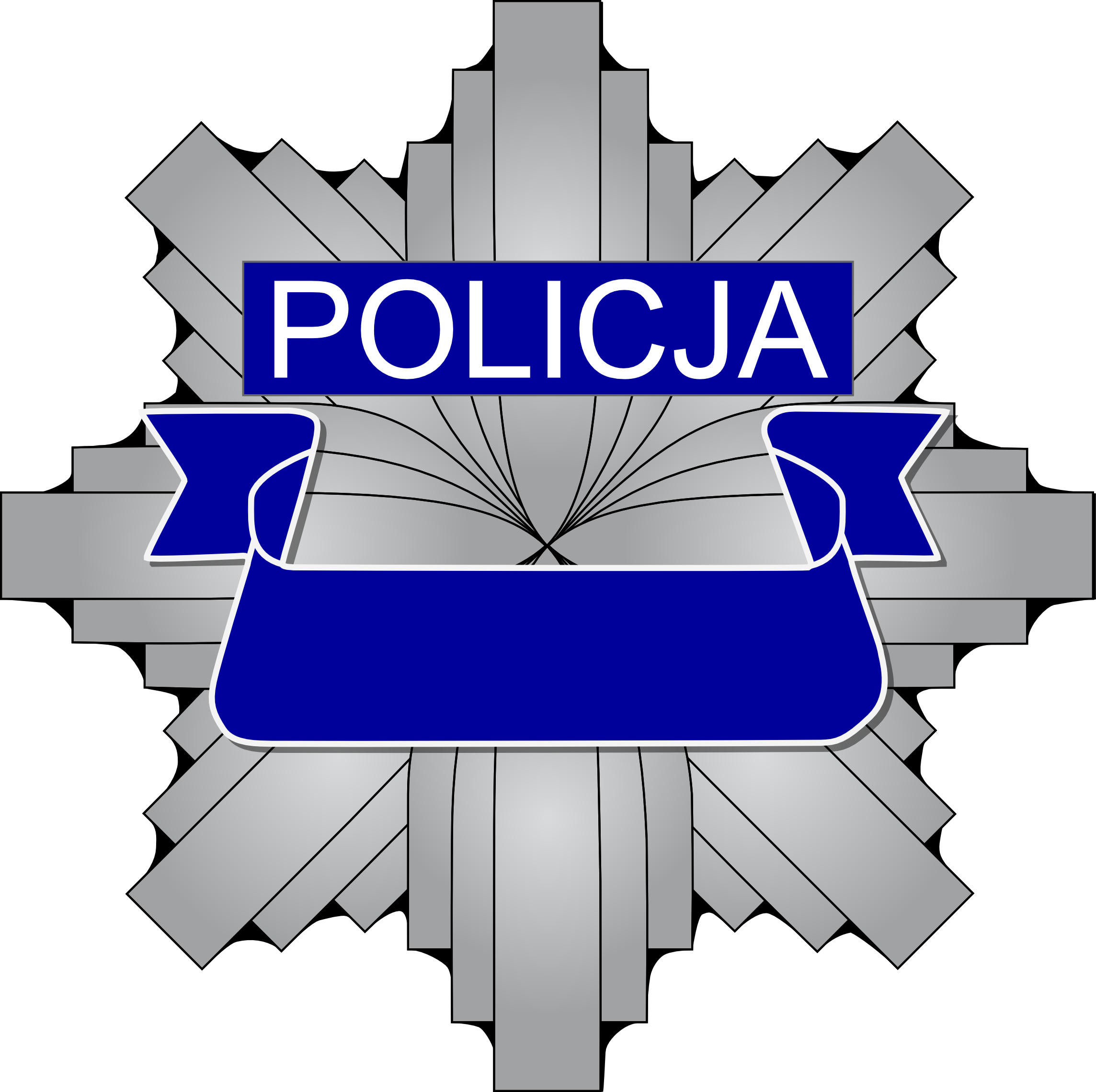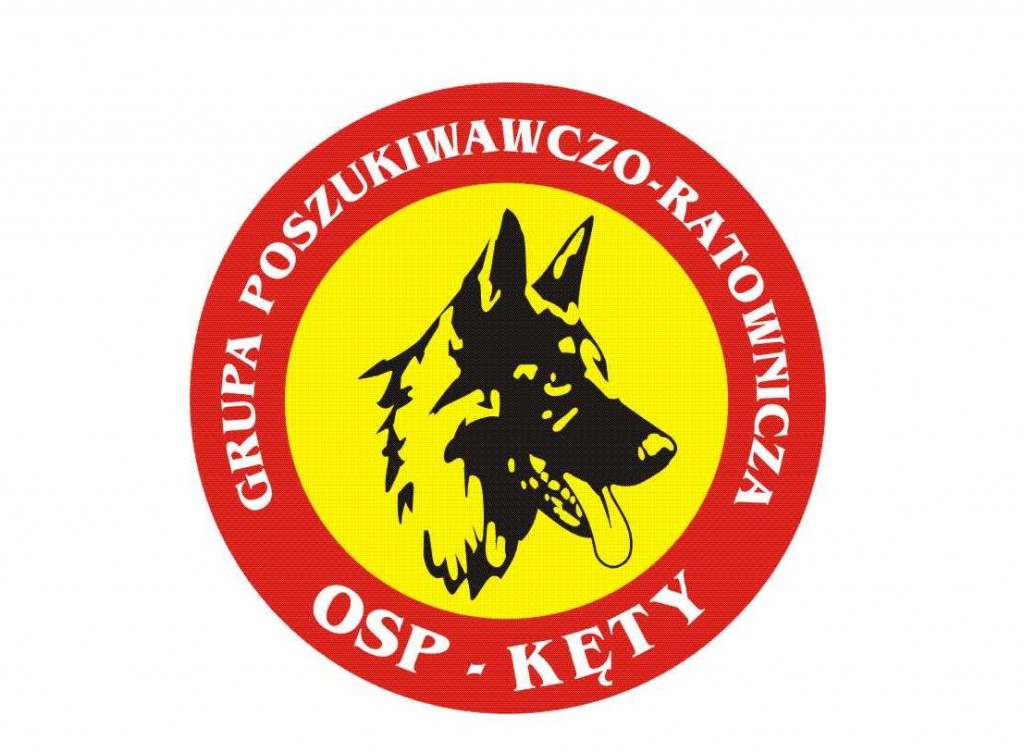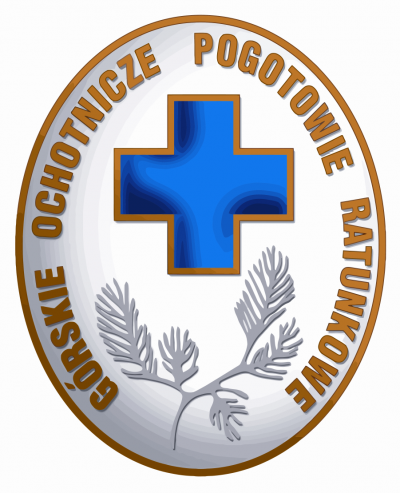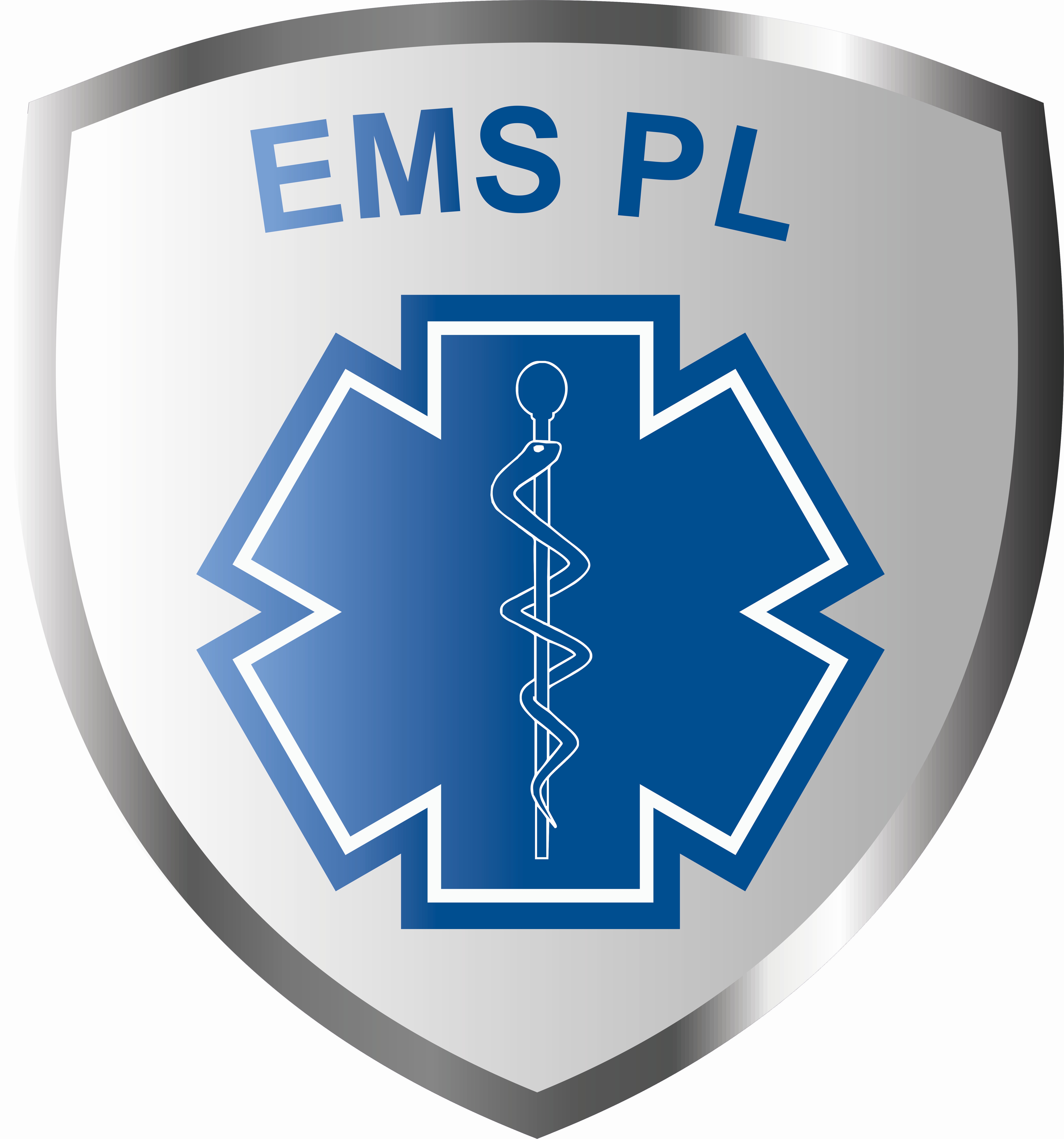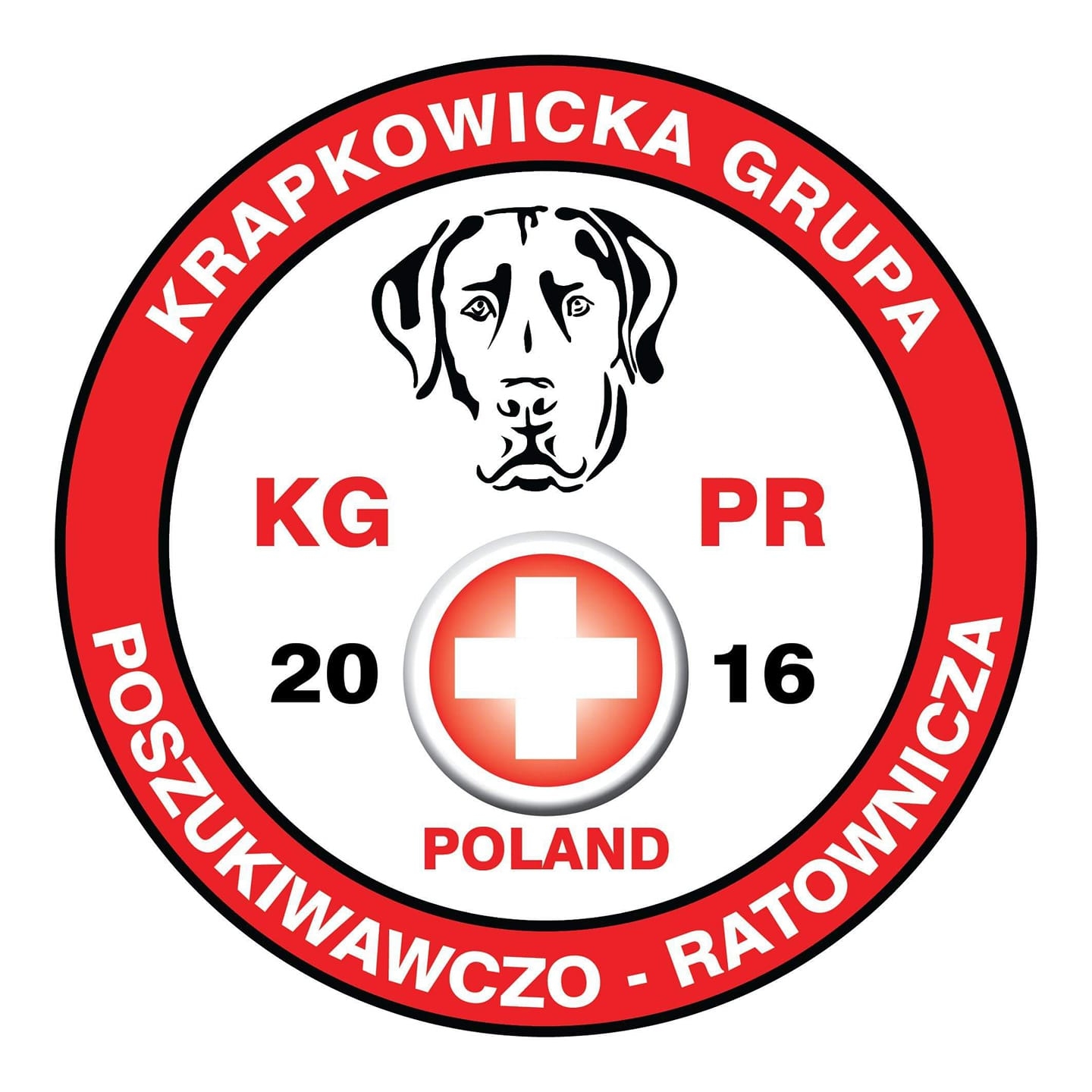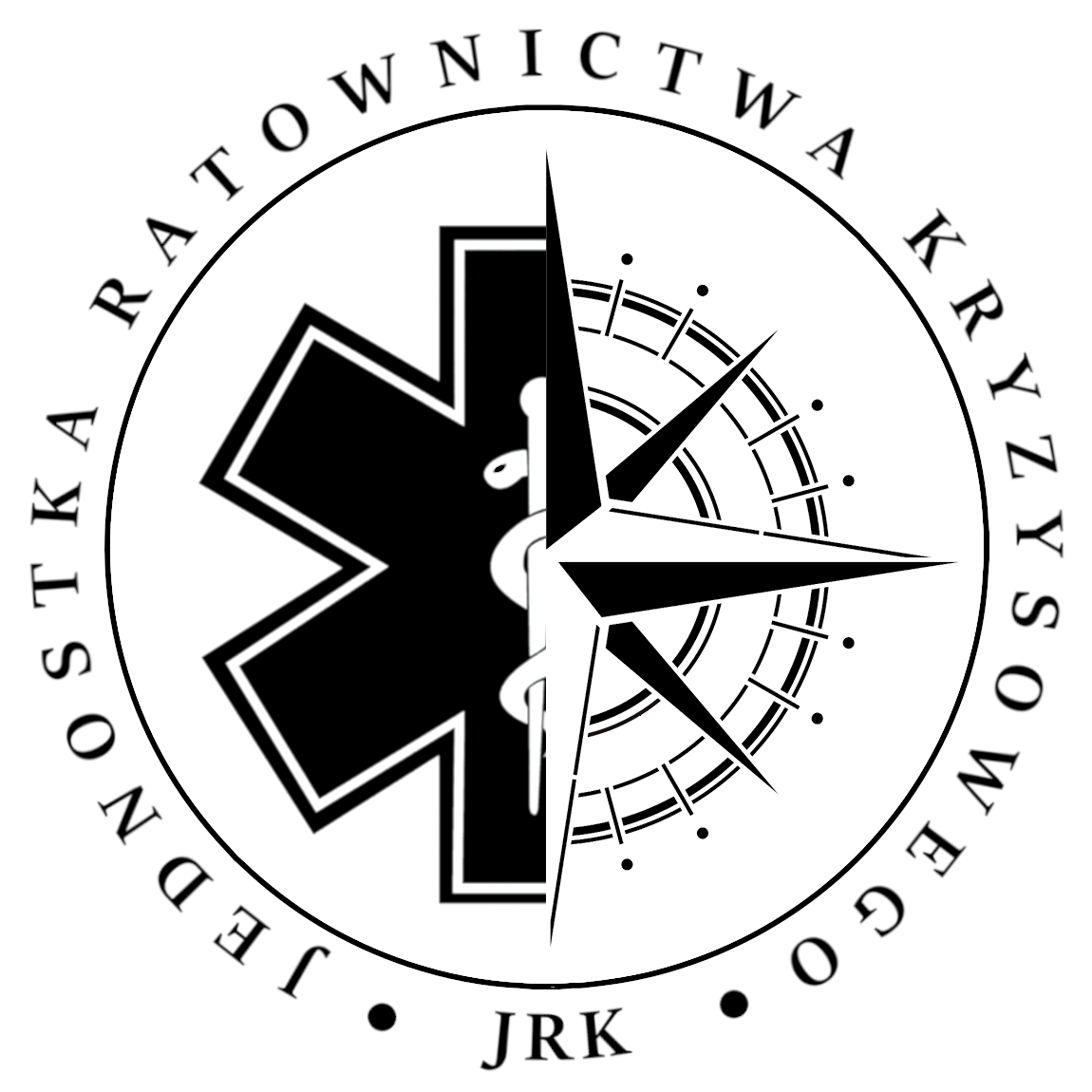How we can help
Helpline – 0801 24 70 70 or 22 654 70 70
Employees and volunteers of ITAKA Foundation are ready to hear from you in case of a disappearance of your keen. If you require information or simply need to talk – we’re here at your disposal.
116 000 helpline in case of missing children and youth
Toll-free, phone number prepared for parents and guardians who lost a child. Also available for any person affected by a disappearance of a child or a teenager, as well as any person able to help with the searches.
Psychological support
There are qualified and experienced psychologists working for the foundation. They are available for missing people’s families and loved ones to talk, advice and simply listen if that urge occurs.
Legal aid
ITAKA’S legal team provides families and loved ones of missing people with advice on legal issues that can appear in case of a longstanding disappearance. Our attorneys will give you hints on how to address particular offices and institutions.
Social aid
ITAKA’s social employees point you towards any support you’re eligible for when experiencing material issues.
Direct support point for missing peoples’ families
It’s a place in which – after setting a date – you can have a personal meeting with one of our experts: a psychologist, attorney, seeker or a family mediator.
Support groups
ITAKA foundation organises cyclical, free of charge meetings for the families of missing people in Warsaw, Katowice and Gdańsk. It’s a chance to exchange experiences in searching, share thoughts or simply support the ones going through similar hardship.
Database for Unknown Identity People (NN)
We ask for viewing our NN database regularly. In a case where a missing person suffers from memory loss due to particular circumstances, there is a chance of ITAKA getting notified about that person and classifying them as NN. Employees and volunteers keep track of and compare the photographs in our database, although we suggest families help in that process.
Restricted sites
In case of a disappearance remaining unexplained for a long time and after depleting all searching methods, we offer examination of a database consisting of descriptions and photographs of cadavers with unknown identity. After a conversation with a psychologist, a seeking family will receive access to this database in form of a special, nonrecurring code. The families can then, using the code, go through the NN cadavers database.
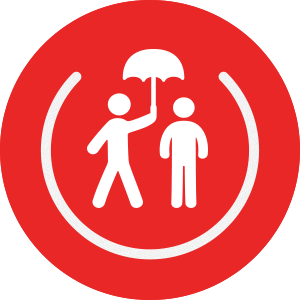



 Polski
Polski English
English






















